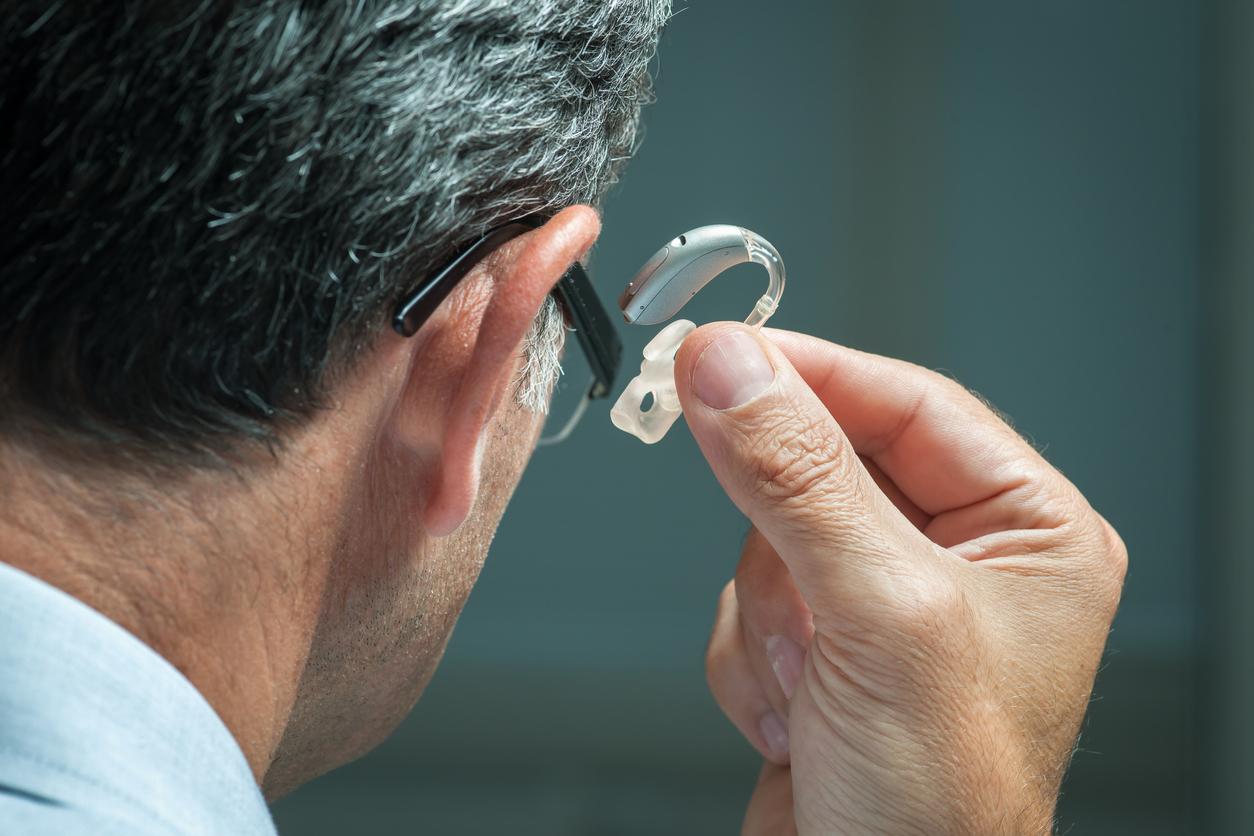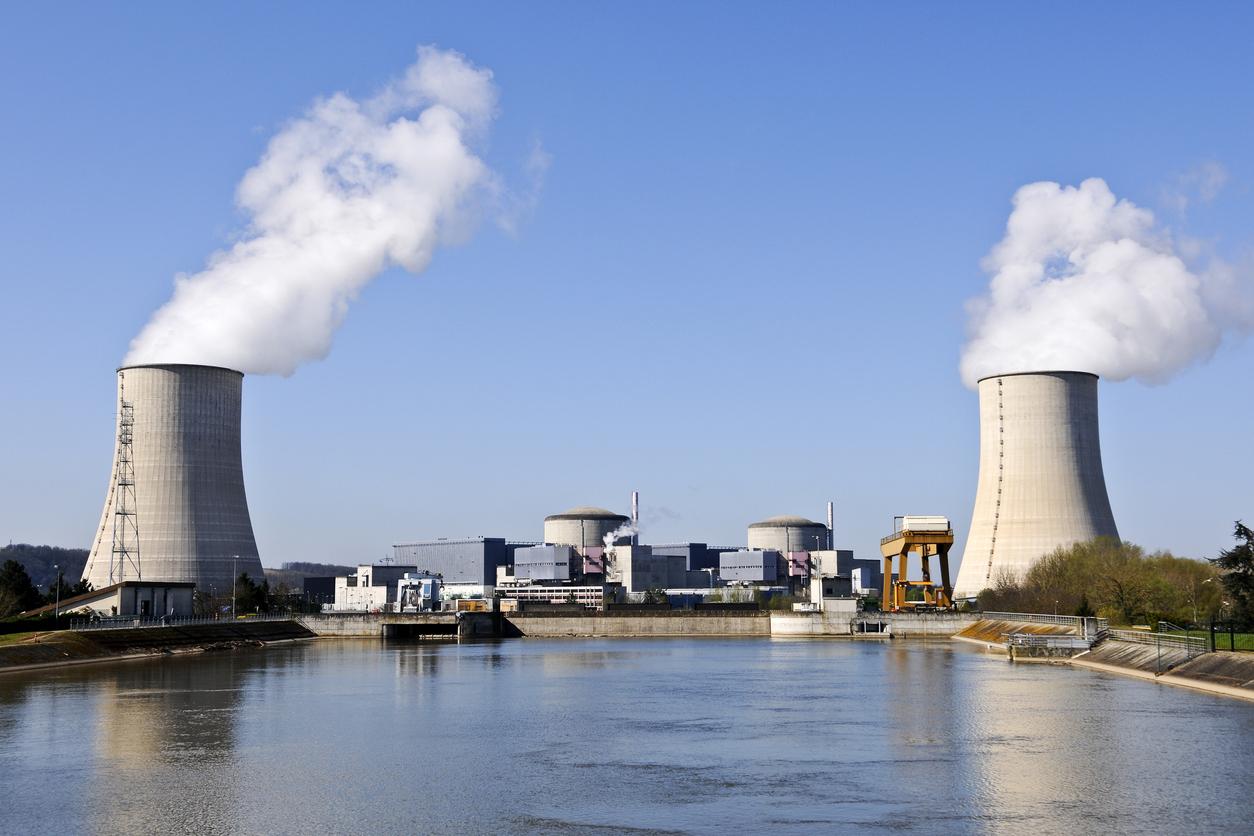According to the National Academy of Medicine, immunotherapy should be considered for cancer patients over the age of 70. Today, these people are often excluded from this type of treatment.

- Immunotherapy is effective for 20-40% of cancer patients.
- It is also used in the prevention of infectious diseases, in the treatment of inflammatory or autoimmune diseases and in certain neurodegenerative diseases.
We must think of the elderly for immunotherapy: this is the message of the National Academy of Medicine. In one communicated, it calls for greater use of these treatments. “Cancer treatments are prescribed to them with great reserve, whereas more than 50% of oncology patients are aged 75 and over, explains the document. This mistrust is based both on the a priori of poorer tolerance and the notion of lower efficacy.” The National Academy of Medicine recalls that studies have made it possible to evaluate the effects of these therapies on elderly patients. It advises to “treat cancer patients over the age of 70 whenever there may be a benefit for them“.
What is immunotherapy?
Immunotherapy involves stimulating the immune system to identify and destroy tumor cells. Two types of molecule are used: monoclonal antibodies and interferon alpha. “The specificity of immunotherapy is to be able to induce long-lasting responses, even complete remissions over several years after stopping immunotherapy, leading to the reclassification of certain cancers as “chronic disease”, which gives hope for a paradigm shift in oncology“, underlines the National Academy of Medicine.
Clinical trials carried out on melanoma
The Academy laments a lack of representation of patients over the age of 70 in randomized studies, “mainly because of strict inclusion criteria with regard to comorbidity factors and also because of a sometimes excessive fear of investigators to include elderly people.” But she recalls that many clinical trials, carried out in the case of melanoma, provide interesting data.
“Two large studies, involving 5,265 and 10,669 patients respectively, show that patients in an age group over 65 respond just as well to immunotherapy as younger patients with relapse-free survival and overall survival. identical, regardless of the immunotherapy prescribed (ipilimumab, anti-PID-1, or even anti-PDL-1) without more side effects“, says the press release. Another study, published in 2021, shows that the effectiveness of this treatment in the elderly is equivalent to the rest of the population, and that the side effects are not more severe.
What are the recommendations of the National Academy of Medicine?
Faced with these results, the Academy recommends using immunotherapy as soon as it is likely to be beneficial for an elderly patient. She also advises tocollaborate closely with onco-geriatricians in the therapeutic decision and follow-up, taking into account all facets of the elderly personFinally, she considers it necessary to continue clinical research on the effects of this treatment in the elderly.
.

















